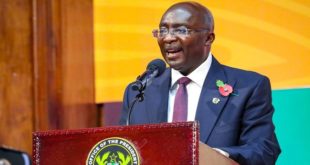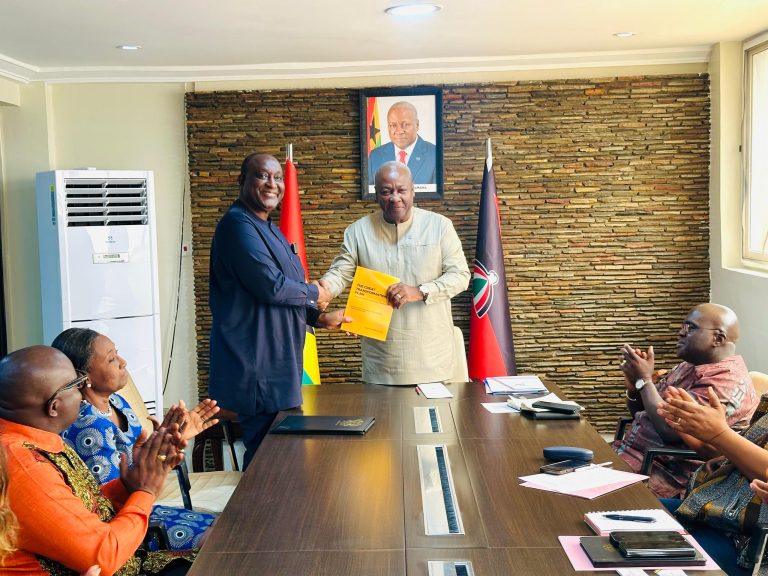
Alan Kyerematen, leader of the Afrafranto Alliance for Revolutionary Change (ARC), led a delegation to pay a courtesy call on President-Elect John Dramani Mahama in his private office on Friday, December 20, 2024. The visit followed an earlier congratulatory message by Kyerematen and sought to commend Mahama on his victory while fostering collaboration for national development.
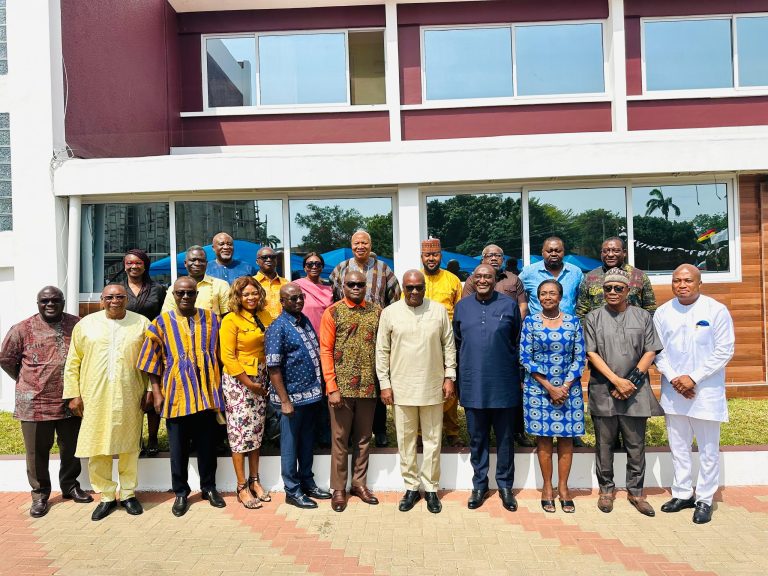
During the meeting, Kyerematen underscored two key governance priorities for the ARC. First, he proposed a government of national unity to reduce partisanship, prevent the abandonment of government projects, and include diverse talents in leadership. Second, he advocated for a transition from reliance on IMF interventions to sustainable development under the Great Transformation Plan (GTP).
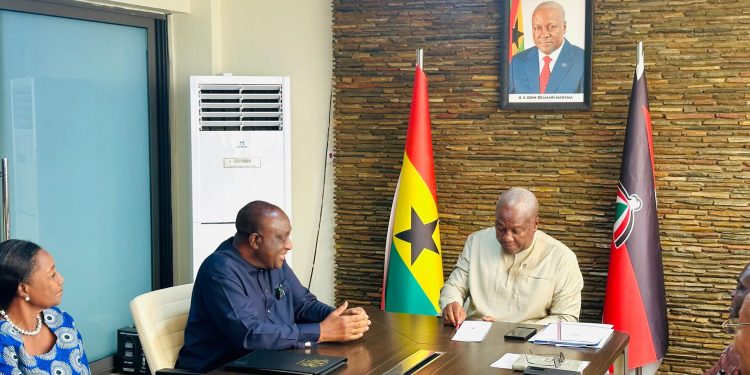
Kyerematen stressed the importance of stabilizing the macroeconomy and prioritizing investments in industrialization, agriculture, and tourism to create employment. He also called for stronger measures to combat corruption and illegal mining (galamsey).
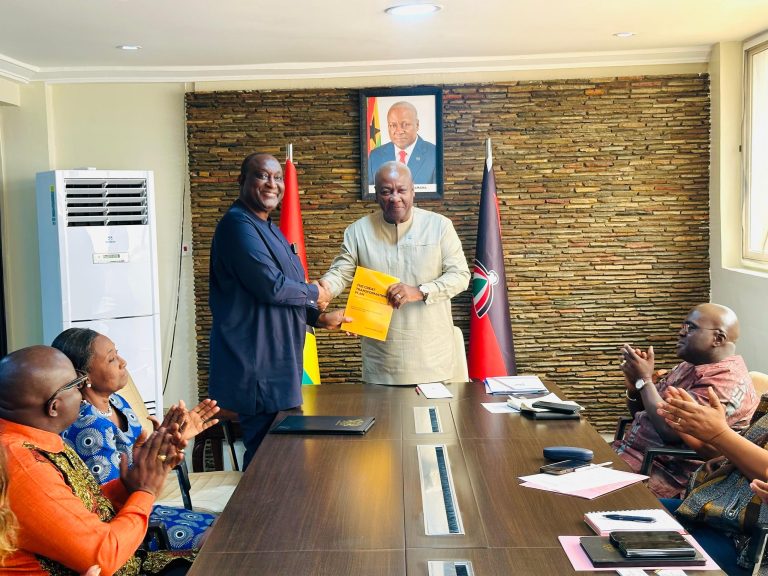
In response, President-Elect Mahama praised Kyerematen as a political heavyweight with forward-thinking ideas. He expressed regret over the internal challenges within the ruling NPP that led to Kyerematen’s departure but acknowledged the shared objectives between the NDC and the GTP. Mahama assured that any adopted ideas from the GTP would be credited to Kyerematen.
The two leaders also discussed the pressing issue of galamsey. Mahama pointed out that while robust policies exist, their implementation has been hindered by political interference. Both agreed on the need for genuine, sustained efforts to combat galamsey due to its devastating environmental and economic impacts.
The meeting symbolized a rare moment of political collaboration, with both leaders exchanging ideas to address Ghana’s challenges through a unified and inclusive approach. As a gesture of goodwill, Kyerematen presented a copy of the GTP to Mahama, expressing hope that the plan would inspire collective action to resolve Ghana’s socioeconomic issues.
 GhArticles.com Every News in Detail
GhArticles.com Every News in Detail
